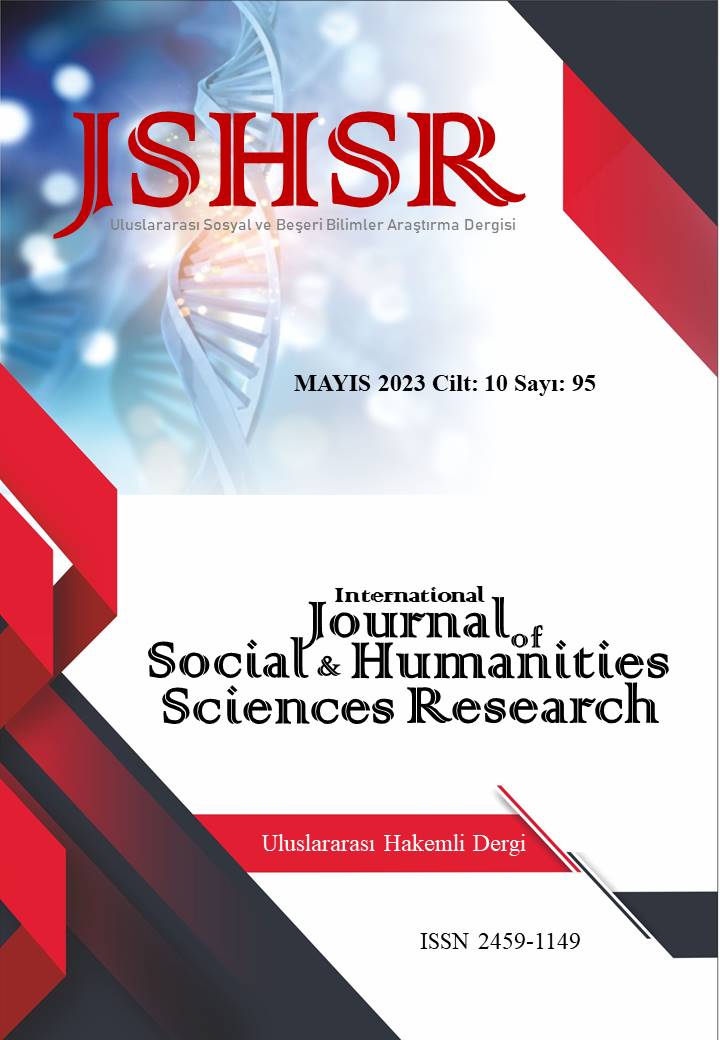A REVIEW OF THE OPINIONS OF DISTANCE EDUCATION AND MATHEMATICS TEACHERS IN THE PROCESS OF THE CORONAVIRUS (COVID-19) PANDEMIC
DOI:
https://doi.org/10.26450/jshsr.3657Keywords:
Distance education, mathematics education, covid-19 pandemic, mathematics teachers, secondary schoolAbstract
The purpose of this study is to examine the views of Mathematics teachers on distance education during the Coronavirus (COVID-19) pandemic process. In the study prepared following this general purpose, the status pattern of one of the qualitative research methods was used. The study group of the study consisted of 12 full-time mathematics teachers who worked in schools affiliated with the Ministry of National Education and who were actively engaged in distance education during the pandemic in the 2020-2021 academic year. The data of the study were collected by a semi-structured interview prepared by the researchers and the final version was given by taking the expert opinion. In the analysis of the data obtained from the semi-structured interview forms, content analysis was used from qualitative data analysis methods and the data were analyzed. According to the findings obtained in the study; It has been observed that mathematics teachers prefer face-to-face education instead of distance education, which they are not used to, and they have more negative experiences with distance education than they use during the epidemic. The unexpected transition from face-to-face training to distance education has caused some aspects to be missing in the distance education process, these deficiencies have been seen in the study conducted. The most basic shortcomings are “technical shortcomings”, such as the lack of access to the infrastructure of tablets, phones, computers, and the Internet. Technical shortcomings have led to the emergence of other problems. In addition, it has been observed that teachers have not experienced this process before, they feel inadequate in technical equipment, and teachers who use classical methods have difficulty in the process. However, providing pieces of training that will increase the knowledge and equipment of teachers about the process of distance education, eliminating the lack of knowledge of teachers about distance education, will allow teachers to process lessons more efficiently and feel more comfortable when processing lessons. It has also been observed that although students like the computer environment very much in their normal lives, they are reluctant to attend classes during the distance education process. This behavior was noted on the part of teachers, which increased in the later days of the epidemic. In the study conducted, the fact that distance education is an obligation has forced both students and teachers. After the epidemic, the distance education process will continue with the developing technology. Distance education courses along with developing technology will be part of the education. At this point, it is important that every student has equal technological opportunities and that teachers have sufficient knowledge, experience, and equipment.
Downloads
Published
How to Cite
Issue
Section
License
Copyright (c) 2023 INTERNATIONAL JOURNAL OF SOCIAL HUMANITIES SCIENCES RESEARCH

This work is licensed under a Creative Commons Attribution 4.0 International License.


